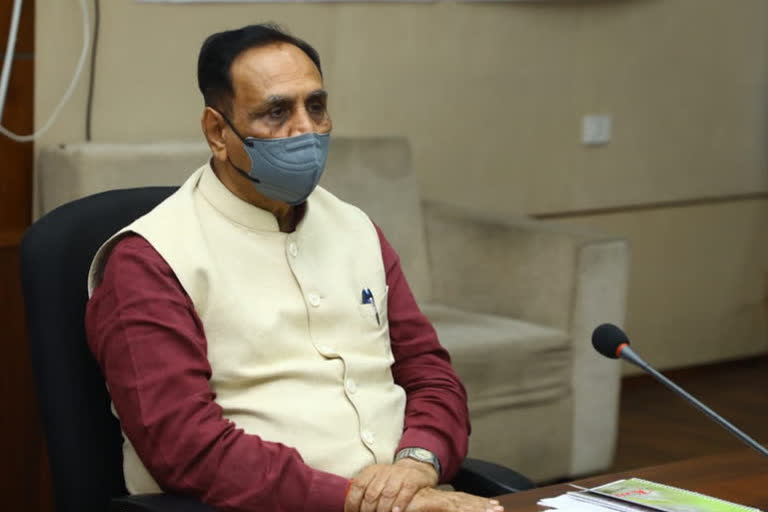New Delhi:The reset button that the BJP has pressed on governance in the wake of the COVID-19 wave, which also saw a major overhaul by Prime Minister Narendra Modi of his own Cabinet, continues as Vijay Rupani on Saturday became the fourth chief minister to go as the party works to refurbish its governance model.
The party's decision to drop Rupani as Gujarat's Chief Minister, after easing out two chief ministers in Uttarakhand and one in Karnataka in the last few months, contrasts starkly with its decision to remain unyielding in backing its chief ministerial picks during Modi's first term despite trenchant voices against some of them.
Political watchers believe the changes highlight the BJP leadership's analysis of the ground feedback and its readiness to address them, even though a final word on the shake-up can only be delivered at the elections.
Anandiben Patel was the only chief minister who was asked by the party to quit during the 2014-19 period. The party had cited its convention of retiring those over 75 years of age from government positions to replace her with Rupani as Gujarat's chief minister in 2016.
Over five years later, Rupani (65) resigned on Saturday amid question marks over his credentials as an administrator.
While the party did not immediately announce Rupani's replacement, the recent spate of changes effected by the party at the central government or in states ruled by it has marked a return of more conventional politics with the standard political fault-lines of caste identity pushing the urge to experiment to the background.
